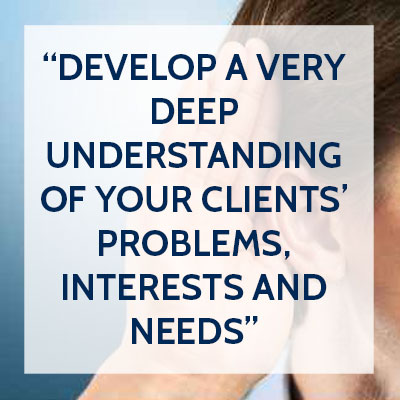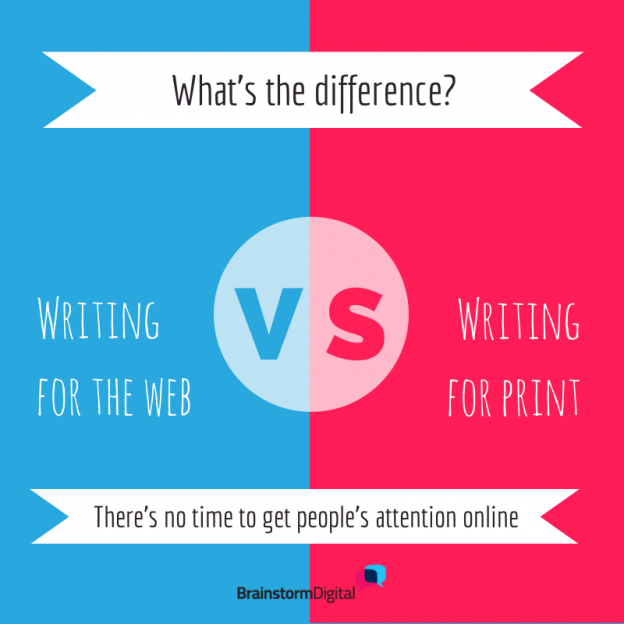A funny thing happened to me last week on holiday in France….
I discovered I can’t speak French.
It was a bit of a shock, because not only did I pass my French GCSE with flying colours, I continued studying French for two years afterwards, and lived in French-speaking Montreal for three years after that.
Well, turns out that 20 years later, I can understand quite a bit – if the person speaking to me talks slowly! – but stumbled over every sentence of my own.
Every conversation felt like climbing the Eiffel Tower (yes, we did that too) – utterly exhausting – except without the reward at the top.
At a certain point I realised that this is the kind of conversation many companies have with their prospects when they’re marketing to them on their websites, or on social media.
It’s like they’re speaking two different languages.
The company talks about itself, its products and services, and promotes their key features.
The prospects might understand what they’re saying, but don’t really ‘get’ it.
That’s because the language they’re speaking revolves entirely around their own experiences – their own problems and needs, their own hopes and dreams.
Here’s an example. When we were looking to rent a house for the week in France, every single website emphasised in incredible detail what the house included, from irons and hair-dryers to table-tennis equipment, Satellite TV, and sun terraces……….
These are all great, but they were never going to be a major factor in my decision.
The house was only ever going to be a base for touring – all I wanted to know was that it was decent, clean and big enough.
I was far more interested in the distance to various attractions, but this was usually only a footnote at the bottom.
Now, you can argue that the websites still needed to include all those details, because they could be relevant to other people.
And I’d agree. But most house owners were depending on those tiny details to sell the house, instead of really pushing its main benefits – that it is a wonderful base for touring, or a terrific retreat for a family that needs a quiet break, or whatever their primary markets are looking for.
I was interested in their product, but they were talking to me about it in completely the wrong way.
The problem is that just like I didn’t realise I couldn’t speak French, most vacation home owners don’t realise they’re not speaking the language of their clients.
And that’s true for most companies that are struggling to sell online.
The only way to be certain is to develop a very deep understanding of your clients’ problems, interests and needs.
Intuition is not enough. You need to interview your clients in person, conduct a survey, or carry out objective market research.
Then reflect what they tell you in your marketing messages.
Otherwise, you risk ending up with a language barrier.








